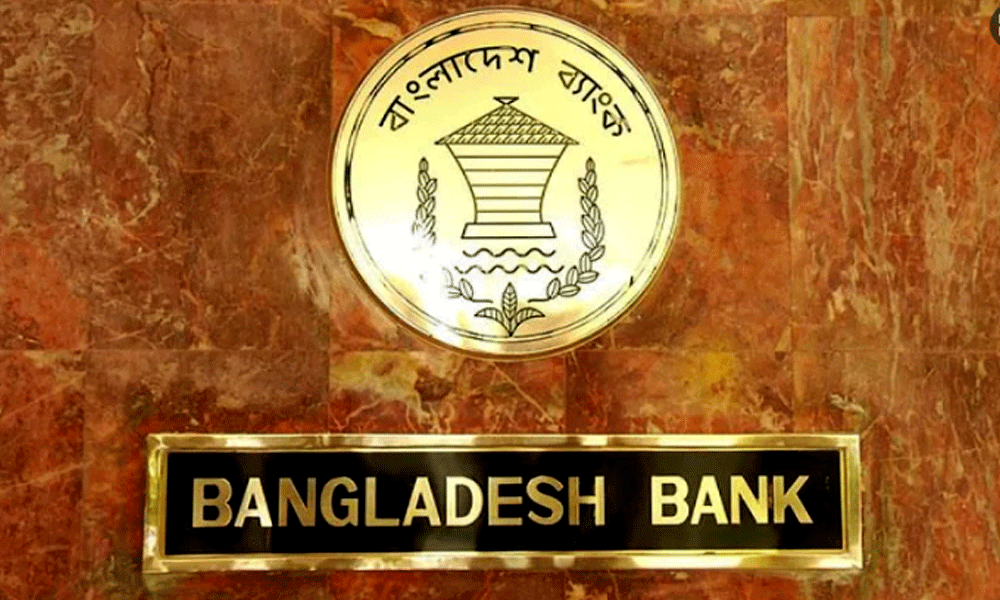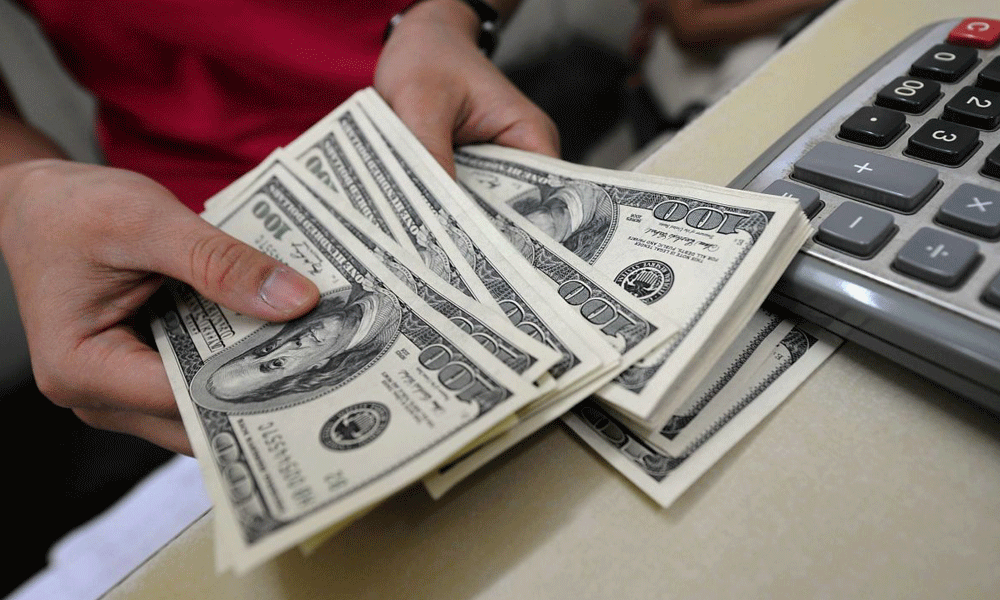Controlling inflation or stimulating growth?
Traders, economists, and bankers all concur that measures such as raising interest rates are essential to reduce inflation.

Since the interim government assumed office following the removal of the Awami League government, it has implemented several key measures, including raising the policy rate, to curb inflation and stimulate economic growth. However, these efforts have yet to bring about significant improvement.
In this context, both entrepreneurs and economists are closely monitoring the Bangladesh Bank’s upcoming monetary policy for the second half of the current fiscal year (January–June) to determine how it will address inflation and encourage investment.
While traders, economists, and bankers generally agree that raising interest rates is essential to combat inflation, they also express concerns that further hikes in the policy rate could place additional burdens on both businesses and consumers, potentially curbing credit growth and consumption.
Since Dr. Ahsan H. Mansur became the governor of Bangladesh Bank on August 14, 2024, the central bank has raised the policy rate three times by 50 basis points each, bringing it to 10% as of now. Despite these increases, inflation remains high, standing at 10.89% in December 2024. For context, the policy interest rate was just 5% in May 2022 and has since been raised 11 times.
Private sector credit growth, a critical indicator of investment potential, fell to 7.66% in November 2024, the lowest in 3.5 years. Additionally, imports of intermediate goods and capital equipment have dropped, with LC settlements for capital machinery imports declining by 13% from July to November 2024 compared to the previous year.
The hike in policy rates has pushed up interest rates across all types of loans, leading to a sharp drop in demand for private sector loans. Experts warn this trend could have long-term adverse effects on economic growth. Bangladesh Bank spokesperson Husne Ara Shikha explained that the central bank has adopted a contractionary monetary policy to curb inflation, causing interbank interest rates to rise. She noted that interest rates should decrease once inflation is under control.
Shams Mahmud, President of the Bangladesh Thai Chamber of Commerce and Industry, cautioned that another policy rate hike would stifle new investments and severely impact businesses. He argued that while raising interest rates helps control inflation in developed economies where most loans are consumer loans, the same approach is less effective in Bangladesh, where 85% of loans are for business purposes. He suggested implementing separate interest rates for business and consumer loans.
Zahid Hussain, former lead economist at the World Bank’s Dhaka office, emphasized the need for a holistic approach that combines monetary policy, fiscal policy, and market management. He warned that raising the policy rate alongside increases in VAT would disrupt people’s lives and fail to significantly reduce inflation, instead harming investments, growth, employment, and economic stability.
The monetary policy for the second half of the fiscal year 2025–26 is scheduled to be announced in the final week of January. As this will be Governor Mansur’s first monetary policy announcement, the central bank has already begun consultations with stakeholders.
A senior official at Bangladesh Bank defended the policy rate hikes, noting that inflation had slightly decreased in December following the October rate increase. However, he cautioned that additional pressures, such as potential hikes in gas and electricity prices, could undermine inflation control efforts, even with further adjustments to the policy rate.
What's Your Reaction?




















































































